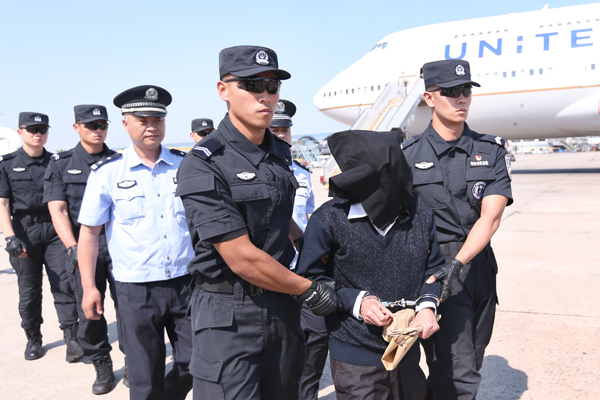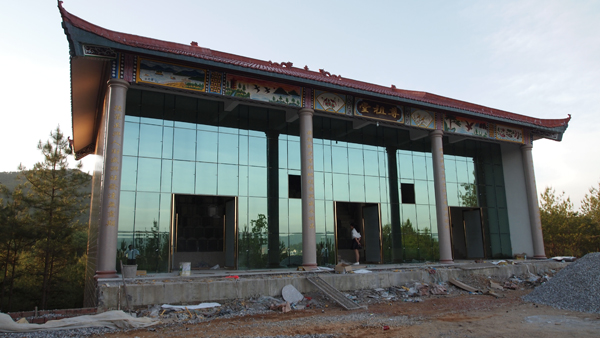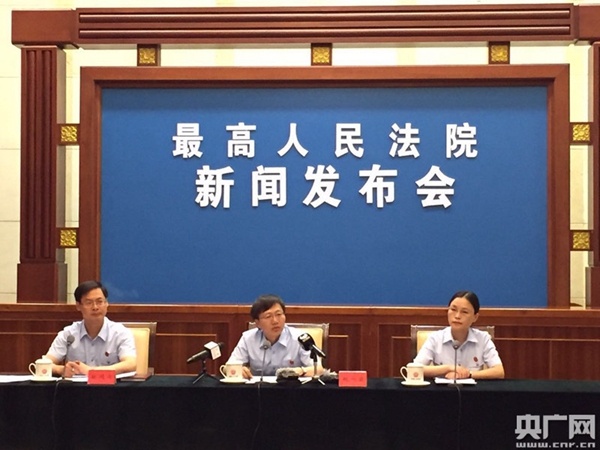Getting about – our motorways and trunk roads
The Wokingham constituency has reasonable access to the M4, and is within modest driving distances of the M3, the M40 and the M25 which are all an important part of our road network. To the west lies the A34 trunk road, and to the north east the short A 404 trunk link to the M40. All the other roads are local roads, including the A4 which was detrunked some years ago, and the A329M. Using the major routes travellers from Wokingham have access to London, to the west country, to Birmingham and to the north.
The distinction between trunk and local roads matters as they are managed in different ways. All local roads come under the control of the principal Council’s Highways Department – in Wokingham’s case Wokingham Borough to the east and West Berkshire to the west. The Councils have a budget to maintain and improve these routes, and they lead any policy for changing their capacity or their traffic controls. The motorways and trunk roads are a strategic network of major routes, affording on a good day faster journey times for longer distance travel for both cars and goods vehicles. They are especially suited for large and heavy vehicles, which can make good use of them at night when traffic volumes are lighter. This network takes one third of the traffic on just 2.4% of the roads. These roads are also relatively safe, accounting for 9% of the casualties. It is paid for and maintained by the national government.
In a General Election it therefore makes more sense to debate the trunk network, as this is the one which will be controlled by the government Ministers we indirectly elect. Of course road users want a whole system that works for them, and are not so fussed about who runs what, but it still makes sense to recognise the different budgets and controls which apply, as it affects who to blame and lobby for improvement.
There is insufficient capacity on our local motorway and trunk network. The government has recognised this, and is nearing completion of a 33% increase in carriageway capacity on the M3 from Junction 4 to the M25 by converting the hard shoulder and upgrading to smart motorway. There are plans ready for similar expansion of the M4 from Reading to the M25, which will be the next major expansion. The M25 western section has been upgraded substantially once in its life, and a study is underway on what more needs to be done to provide capacity in that all too busy corner of the world. There are ideas to increase capacity on local roads to reduce local use of the motorway for shorter local journeys. There will need to be more capacity on the A 34 Southampton to Oxford which acts as a haul road for Southampton port traffic.
As MP in the last two Parliaments I argued the case for more capacity, allied to better sound reduction measures when the works are done on the M4. There will be more need of extra capacity and anti noise measures in the years ahead.
Published and promoted by Fraser Mc Farland on behalf of John Redwood, both at 30 Rose Street Wokingham RG40 1XU


